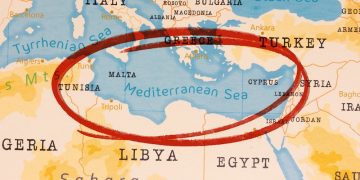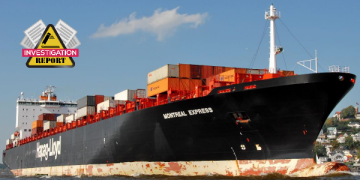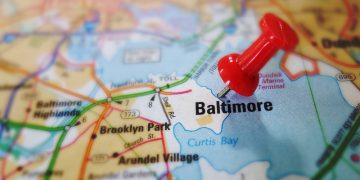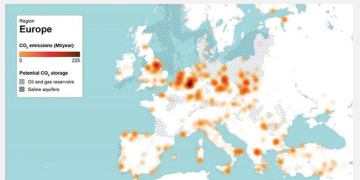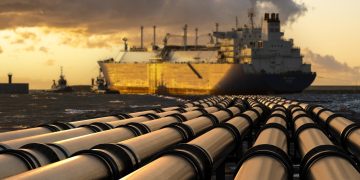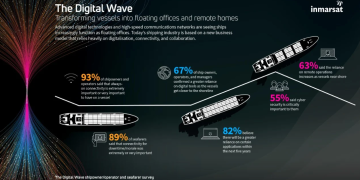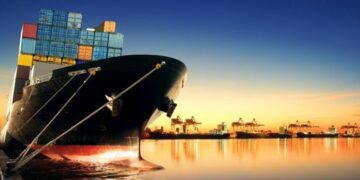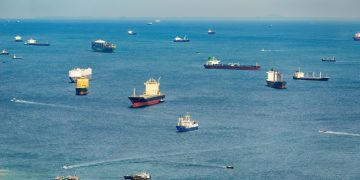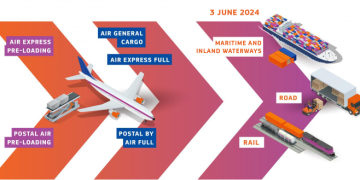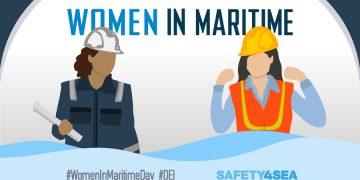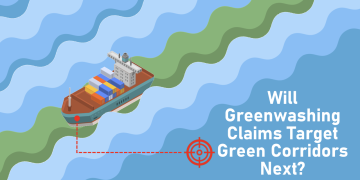UK P&I Club advises vessels trading to Iran
Update on the Iran Sanctions - Joint Comprehensive Plan of Action The UK P&I Club informs about the latest updates on Iran Sanctions and advises operators with an interest in trading to Iran to proceed with extreme caution and continue to seek independent advice before commiting to trade contracts.The diplomatic agreement of 14 July 2015 between the E3/EU+3 and the Islamic Republic of Iran opens the way for the restoration of trade activates with Iran by lifting the trade, energy, insurance and banking embargoes that have been incrementally imposed by the European Union and U.S since 2009.Full details of the way in which implementation of the agreement will be managed in the EU and U.S. is yet to emerge and is unlikely to do so in the immediate future, but it is clearly intended that all UN Security Council sanctions as well as multilateral and national sanctions related to Iran's nuclear programme will be lifted, subject to the terms of the Joint Comprehensive Plan of Action (JCPOA).At this early stage in the process it is difficult for the Club to anticipate the timescale by which the current legislation in the EU and U.S. will be repealed or rolled back.It is, ...
Read more



